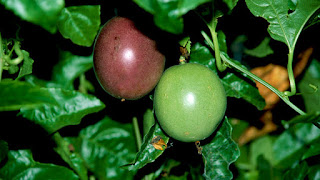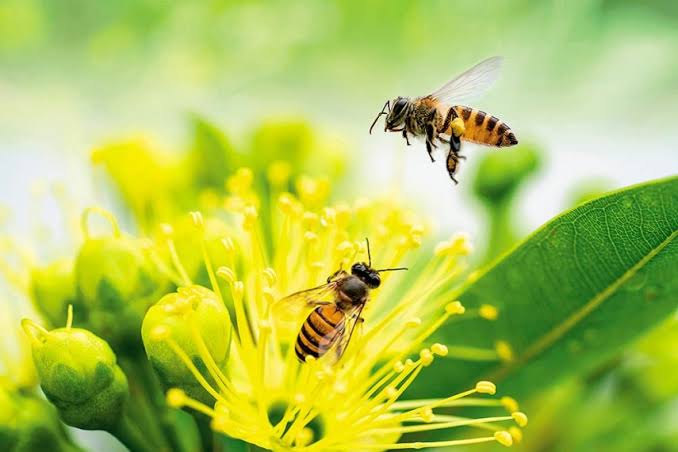Youth Actions and voices matter a lot in the Elimination of Plastics use in communities
It's not a one way to say free plastics due to tthe uses benefited by the people around the globe.
However, the challenge of plastics use is massive estimated 322 million tonnes of plastic poduced each year and 8 million tonnes leaks in to our oceans. Plastics is so widely used it is hard to imagine a world without. Plastic pollution is extensive and causing significant damage to the environment and wildlife, and perhaps soon to human health. We must act therefore to curb our usage if we can.
Today volunteers from Uganda Youth Biodiversity Network together with other youth groups in Uganda passionate about their Environmet merged together to demand the industries to act on release of Plastics, companiesin Uganda involved plastics production included Mukwano plastics, Coca cola , century bottlers, nice plastics, nile plastics ,Mec plastics, lunco, crest tanks plastics, Ak plastics, Genetex plastic,suda plastics, Tik plastics, among many.
Other industries involved are all those in packageing and large scale production of goods which employes polythene kavera .
Under the Earth hour program Some of the partners were Plan International, Kampala Capital City Authority and Youth Alive Uganda. The world wildlife Fund brought more private sector players and youth-oriented organizations and the Scouts Association.
Volunteers from the Uganda Youth Biodiversity Network were well presented and they felt concerned about the massive danagers attributed by plastics use which includes; accumulation in the lakes and rivers contributing to a threat to marine ecosystems.
Their team leader presented a message that as plastics breakdown they do so into smaller and smaller pieces which can cause havoc in natural environments and enter the food chain. The process also releases chemicals which can leach into the environment and impacting wildlife and even human health.
It's has been evidenced that, every year thousands of marine animals die after ingesting or getting entangled in plastic pollution.
But why all these challenges and yet we are around??? That is why they had to wake and act accordingly.
Since every person has the power to influence their environment and communities in the free plastic. So Earth hour campaign with the theme plastics free has been critical in making people
understand and connect their
purchase choices to the plastic pollution problem – in other words ‘turning off the tap.’
“One change can go a long way. The Earth hour Plastic Free campaign has encouraged millions of people to take small, daily actions and create long-lasting habits that minimise single-use plastic. In doing so, we can stem the flow of plastic waste into the oceans by taking positive actions upstream on land and in our homes
Under the same campaign, WWF Uganda mobilized eight Universities to take part in the University Innovations Challenge against plastic pollution.
The challenge aimed at having young people and future conservationists come up with innovations that will; find possible solutions of plastic pollution, increase youth engagement in providing possible solutions to potential threats of nature and demonstrate the application of environmental sustainability into our developments.
Together we can create a change to have better world for the present and future generations to benefit
Our Environment is out Responsibility
However, the challenge of plastics use is massive estimated 322 million tonnes of plastic poduced each year and 8 million tonnes leaks in to our oceans. Plastics is so widely used it is hard to imagine a world without. Plastic pollution is extensive and causing significant damage to the environment and wildlife, and perhaps soon to human health. We must act therefore to curb our usage if we can.
Today volunteers from Uganda Youth Biodiversity Network together with other youth groups in Uganda passionate about their Environmet merged together to demand the industries to act on release of Plastics, companiesin Uganda involved plastics production included Mukwano plastics, Coca cola , century bottlers, nice plastics, nile plastics ,Mec plastics, lunco, crest tanks plastics, Ak plastics, Genetex plastic,suda plastics, Tik plastics, among many.
Other industries involved are all those in packageing and large scale production of goods which employes polythene kavera .
Volunteers from Uganda Youth Biodiversity Network
Under the Earth hour program Some of the partners were Plan International, Kampala Capital City Authority and Youth Alive Uganda. The world wildlife Fund brought more private sector players and youth-oriented organizations and the Scouts Association.
Volunteers from the Uganda Youth Biodiversity Network were well presented and they felt concerned about the massive danagers attributed by plastics use which includes; accumulation in the lakes and rivers contributing to a threat to marine ecosystems.
Their team leader presented a message that as plastics breakdown they do so into smaller and smaller pieces which can cause havoc in natural environments and enter the food chain. The process also releases chemicals which can leach into the environment and impacting wildlife and even human health.
It's has been evidenced that, every year thousands of marine animals die after ingesting or getting entangled in plastic pollution.
But why all these challenges and yet we are around??? That is why they had to wake and act accordingly.
Message:from Izack Ndyamuhaki Team leader Representative GYBN-uganda
understand and connect their
purchase choices to the plastic pollution problem – in other words ‘turning off the tap.’
“One change can go a long way. The Earth hour Plastic Free campaign has encouraged millions of people to take small, daily actions and create long-lasting habits that minimise single-use plastic. In doing so, we can stem the flow of plastic waste into the oceans by taking positive actions upstream on land and in our homes
Under the same campaign, WWF Uganda mobilized eight Universities to take part in the University Innovations Challenge against plastic pollution.
The challenge aimed at having young people and future conservationists come up with innovations that will; find possible solutions of plastic pollution, increase youth engagement in providing possible solutions to potential threats of nature and demonstrate the application of environmental sustainability into our developments.
Innovation pitching to solve plastic pollution
Together we can create a change to have better world for the present and future generations to benefit
Our Environment is out Responsibility
BY
Wandera Alexander- Uganda Youth Biodiversity Network, Fetcher Youth Green Africa, Young Professional in Agricultural Research and Development, African Food Security and climate Army






Comments
Post a Comment